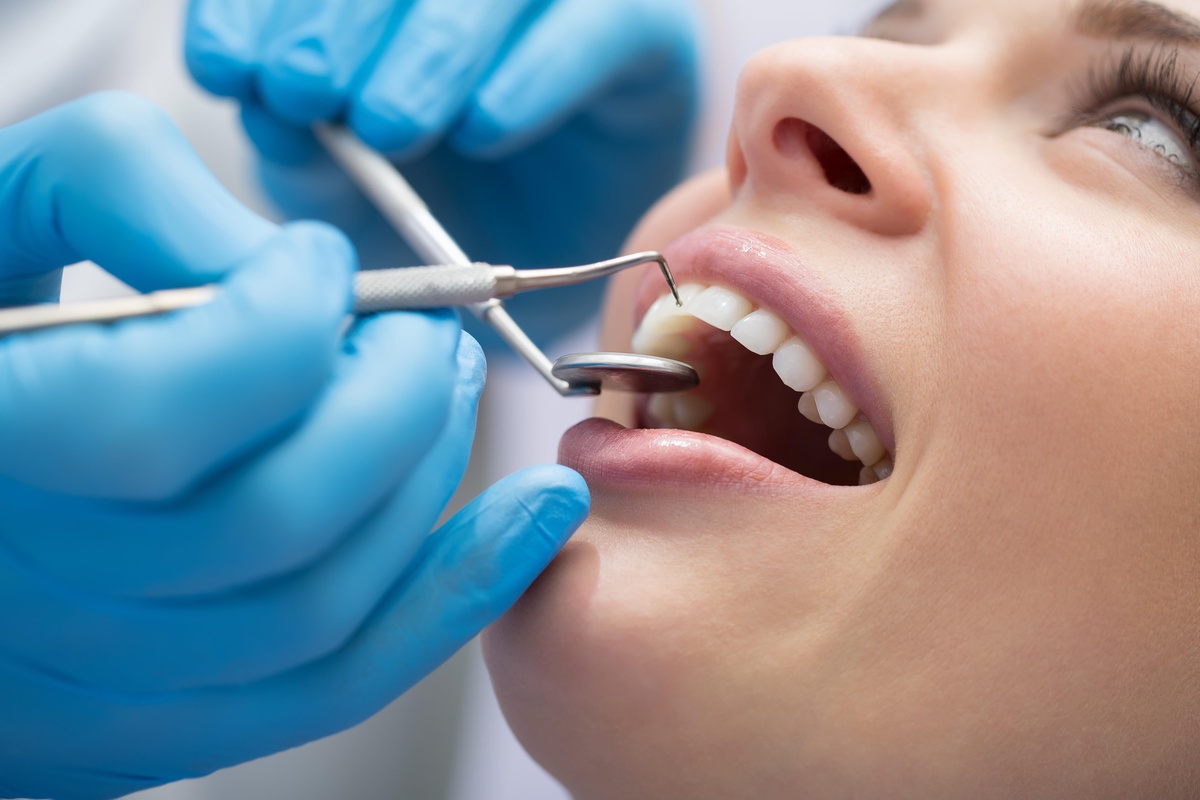Our teeth, although resilient, are not immune to accidents or unexpected issues. Whether it's a sudden toothache, a chipped tooth, or a knocked-out tooth, knowing how to administer emergency dental care at home can make a significant difference in preserving dental health and minimizing discomfort. While professional dental care is essential, immediate first aid can be crucial in certain situations. Let's explore some common dental emergencies and how you can provide first aid for your teeth at home.
Toothache: A sudden toothache can be debilitating and requires prompt attention. Start by rinsing your mouth with warm water to clean the area. Use dental floss to gently remove any debris that may be causing irritation. Avoid placing aspirin directly on the gum or tooth, as it can lead to burns. Over-the-counter pain relievers may provide temporary relief. If the pain persists, consult a dentist to identify and address the underlying cause.
Chipped or Broken Tooth: If a tooth is chipped or broken, gather any broken pieces and rinse them with warm water. Clean the affected area in your mouth with warm water as well. If there is bleeding, apply gauze to the area with gentle pressure. To reduce swelling, apply a cold compress to the outside of the mouth or cheek. Seek immediate dental attention to assess the extent of the damage and determine the appropriate course of action.
Knocked-Out Tooth: A knocked-out tooth requires rapid response for the best chance of successful re-implantation. If the tooth is dirty, gently rinse it with milk or saline solution; never use water. Attempt to place the tooth back into the socket, ensuring it is facing the right way. If re-implantation is not possible, store the tooth in milk or the patient's saliva and seek emergency dental care immediately.
Loose Tooth: If a tooth becomes loose due to trauma or injury, avoid wiggling it. Keep the tooth in its original position by gently biting down on a piece of gauze or a moist tea bag. This can help stabilize the tooth until you can see a dentist. Avoid eating hard or sticky foods and seek professional dental advice promptly.
Objects Stuck Between Teeth: If an object is stuck between your teeth, refrain from using sharp objects like pins or toothpicks to dislodge it, as this can cause further damage. Instead, attempt to gently floss around the area to remove the object. If flossing is unsuccessful, consult your dentist for assistance.
Lost Filling or Crown: If a filling or crown becomes dislodged, clean the affected area and attempt to reattach the restoration using dental cement or over-the-counter dental adhesive. Avoid using super glue or other non-dental materials. Schedule an appointment with your dentist to address the issue permanently.
Bleeding Gums: Persistent bleeding gums may be a sign of gum disease or injury. Rinse your mouth with warm water and apply gentle pressure to the affected area using gauze or a cold compress. If the bleeding persists, consult your dentist for a thorough examination and appropriate treatment.
Remember that these home remedies are temporary measures to alleviate pain and prevent further damage. Emergency dental care should always be followed up with a professional assessment. In any dental emergency, time is of the essence, and seeking prompt professional care is crucial to the long-term health of your teeth.
It's important to note that these first aid measures are not substitutes for regular dental check-ups and preventive care. Maintaining good oral hygiene practices, such as regular brushing, flossing, and routine dental visits, can significantly reduce the risk of dental emergencies. Additionally, wearing protective gear during sports activities and avoiding habits like chewing ice or using teeth to open packages can help prevent accidents that may lead to dental emergencies.
In conclusion, understanding how to administer first aid for dental emergencies at home can be invaluable in preserving oral health and minimizing discomfort. However, it's crucial to follow up with professional dental care to address the underlying issues and ensure the best possible outcome for your dental health. By combining at-home first aid with regular preventive care, you can contribute to a lifetime of healthy smiles.


No comments yet